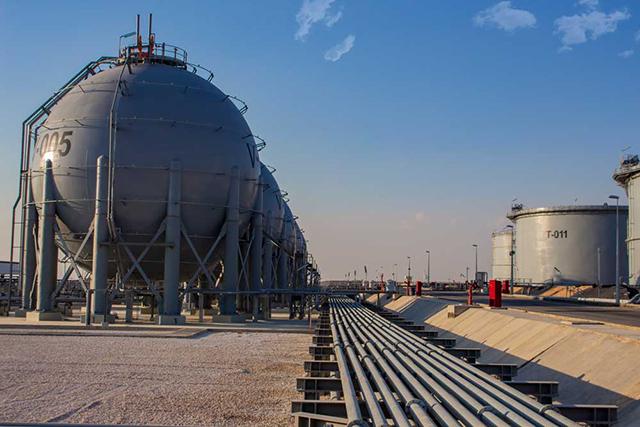- Local News
- Web-2020-04-22 | 06:19 pm

Regarding the available reserves, Zawati told the Jordan News Agency, Petra, that the current strategic and operational reserves are sufficient for the Kingdom for two to six months, varying based on the type of fuel derivative and consumption rate.
Former energy minister Ibrahim Saif highlighted the importance of benefitting from low international oil prices and enhancing the strategic reserve of crude oil, especially as Jordan recently established the Amman Strategic Reserves Terminal for Petroleum Products in the Al Madouneh area.
Saif added that taking advantage of the drop in oil prices will also contribute to reducing the Kingdom’s oil bill — which stood last year at more than JD2 billion — by half or more, stressing the importance of signing futures contracts to buy oil at the current low rates.
He also stressed the government’s ability to sign futures contracts through redirecting some money from the budget to purchase oil, as the government can only pay 1 or 2 per cent of the value of the contracted amounts upon signing contracts.
CEO of the Jordan
Petroleum Refinery Company Abdulkarim Alawin said that the company has
agreements with Saudi Arabia’s Aramco and Iraq’s SOMO to provide the
Kingdom with its oil requirements, stressing that it does not buy US
crude oil.










